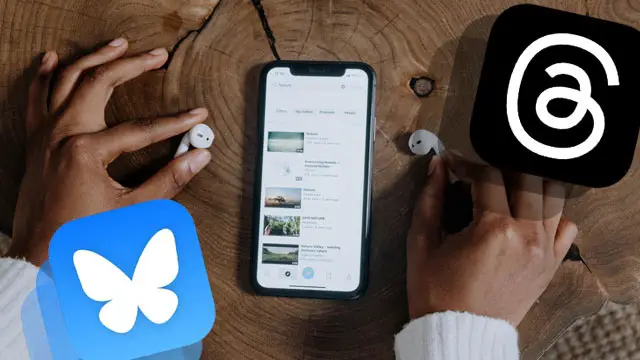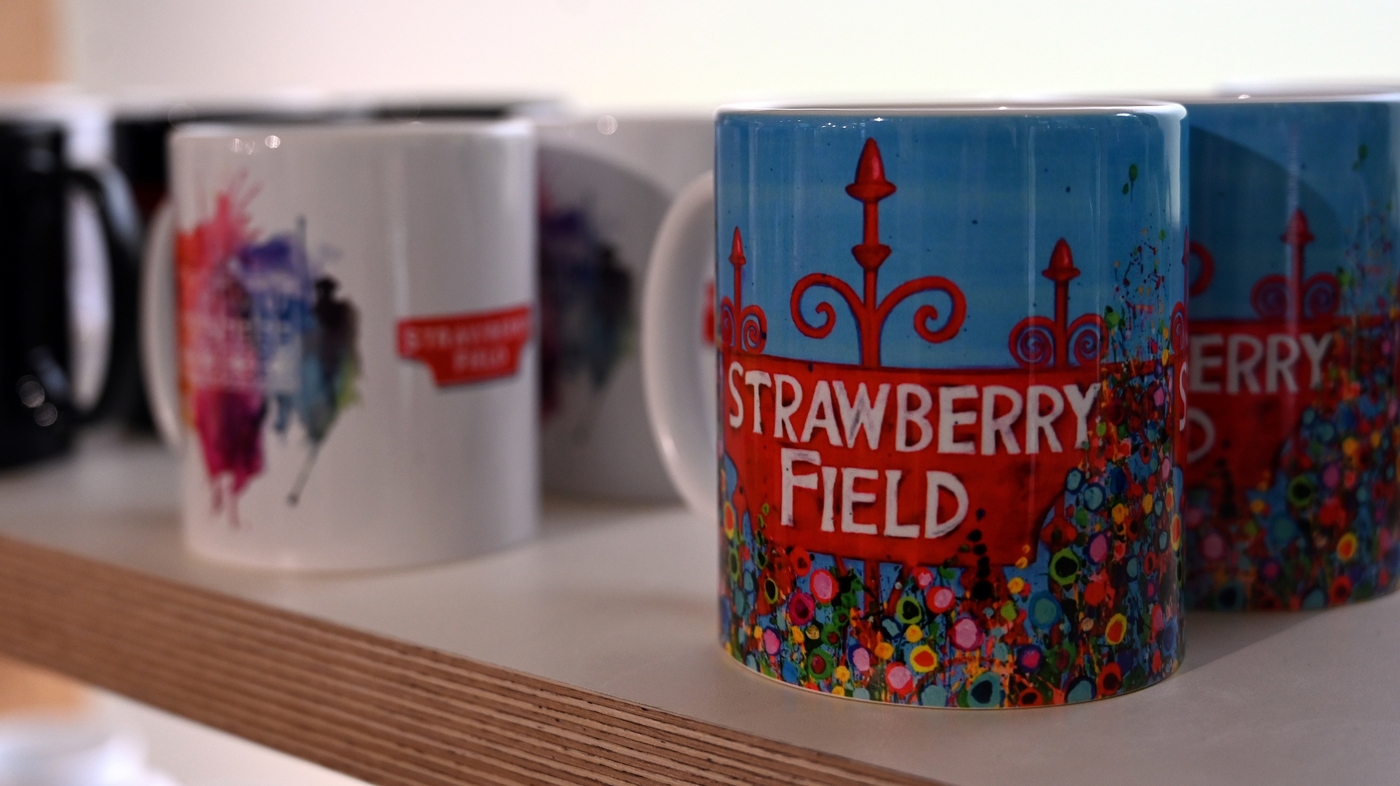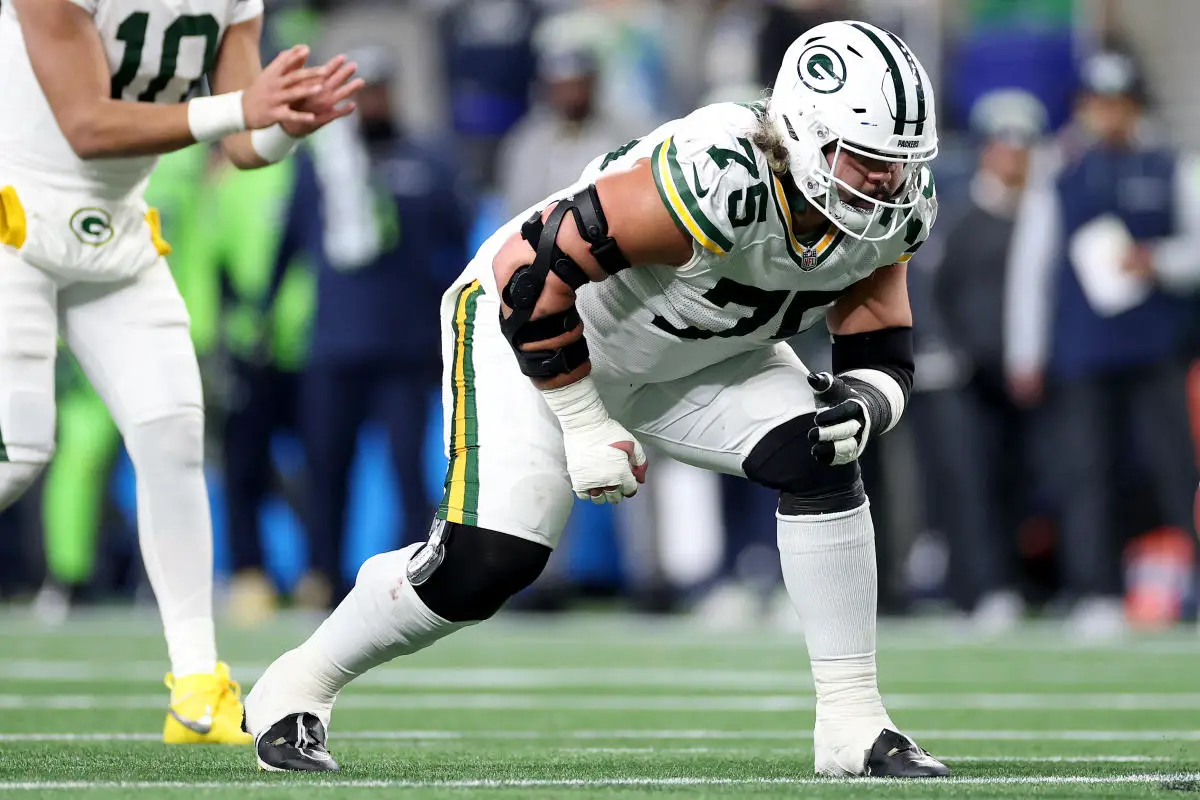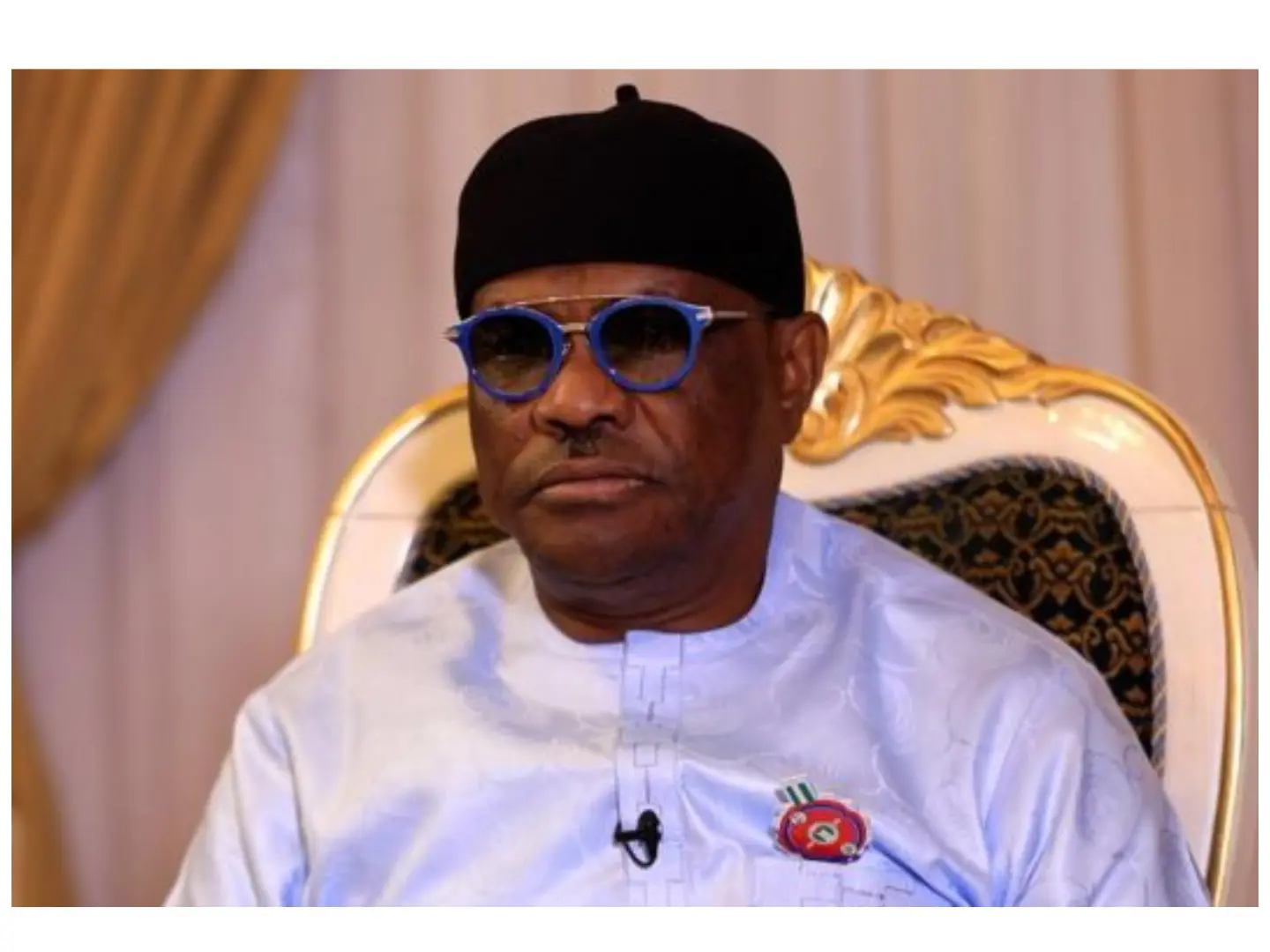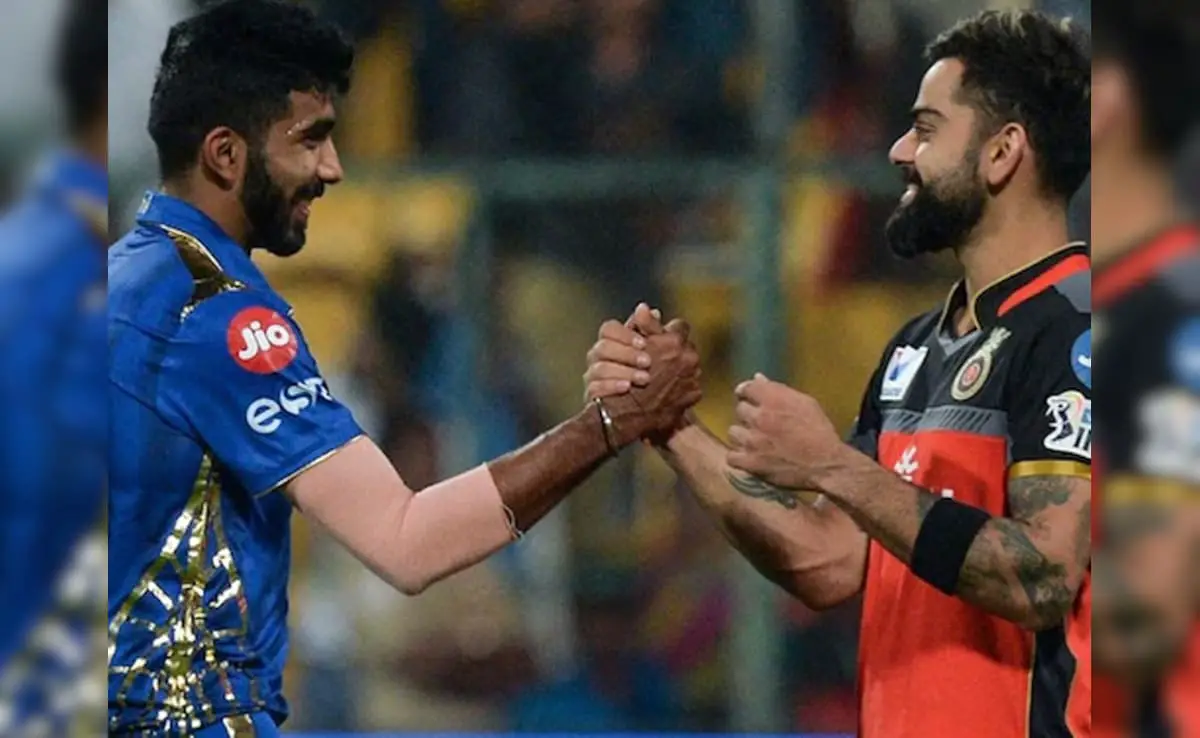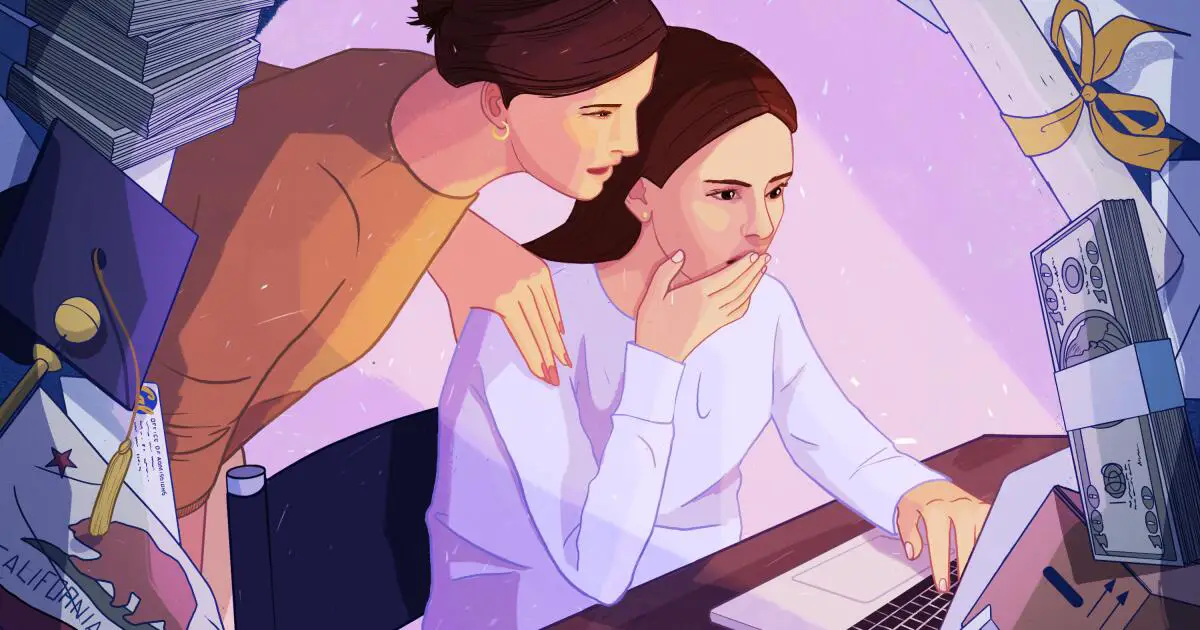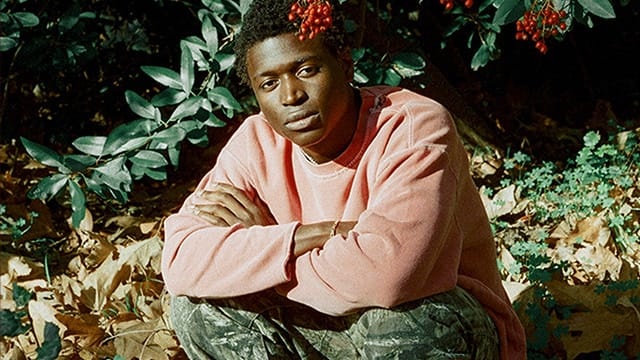
In between stops on his tour with fellow Tennessee indie-folk act Josiah and the Bonnevilles, AllMusic had the chance to speak with Mon Rovîa about his most recent single, “Don’t Lose a Good Thing,” how he holds onto his optimism, and his favorite type of tea, among other topics.
Your first headline tour, the Heal With Others Tour, sold out earlier this month. Congratulations! How are you feeling?
Mon Rovîa: I feel truly thankful and blessed for the opportunity, shout out to the people for rising us up. It’s been a lot of work, and we definitely put in the hours, but you can’t do anything without support and community, and so we fostered that, and it’s been great to see them lend us a hand.
Can you tell me a little about how you got into writing and making music?
Mon Rovîa: Music for me has always been a friend as I was growing up, one that I knew would call me to deeper things as I grew older. I was always on the outside a little bit, and would do some writing for my friends as we were growing up in high school, but I never wanted to be the forefront of anything, because I’m a bit shy, and also
I realized then there were so many other people that just wanted to hear someone else come through something, and then they find strength in that. Music now for me has been a journal and a way for me to lend a hand to others who experience similar things.
because I didn’t have the vision or the mission. I didn’t have anything I was looking to believe in, really, with what my purpose was if I did do music. So I kind of just dabbled over time, and when I got into college, I had a bit of a conundrum within myself where I had all these things from the past, whether it be my journey from Africa, different things I experienced, the discrepancies in America when it comes to Black people as well, and being adopted is a whole other journey. And at that time in school music kind of came back to me…and it helped me find peace, truly, to be able to tell my stories, tell my thoughts. I realized then there were so many other people that just wanted to hear someone else come through something, and then they find strength in that. Music now for me has been a journal and a way for me to lend a hand to others who experience similar things.
What’s your songwriting process like these days?
Mon Rovîa: I write a lot of the songs at home on my ukulele, pretty stripped, and I don’t go into it with an agenda. I usually try to feel the spirit – we call it “downloading from the source” – where you’re in the moment and what comes you just start writing and writing, and the story just unveils itself the more you let go. So I don’t really have a process, I mean I read a lot, I have a lot of things in my mind that are about the world and people and society, but what comes forth that day I can’t say.
Who or what would you say are your greatest influences?
Mon Rovîa: For me it began with Bon Iver, so I’ll always give him that shoutout, I think that’s what made me fall in love with music – the worlds he built, the language he used, it really set a listener in a place. Vampire Weekend was another group I loved, Ezra Koenig is an amazing writer. With poetry, civil-rights era writers, I love James Baldwin so I take a lot of inspiration from him. My main inspiration really is people, just being aware, listening, being quiet, and taking the world in.
When you look back at your earlier music, do you feel like your work has changed or grown since then?
Mon Rovîa: Growth as in the sound of the instruments the producers were working with has gotten better, yes. But no, I think my writing and everything has always been something that I take a lot of pride in, so I wouldn’t say too much on that front, but I will say the production that goes around the songs has become a lot better, and that’s been amazing.
Tell me about your latest single, “Don’t Lose A Good Thing,” and what inspired it.
Mon Rovîa: The thought behind that song is in relationships, whatever that be, loving ones or just friendships, you go through together, and you get to a spot in life where everything’s comfortable and everything’s good, and you’re like, “I hope this stays the same,” but life is always revolving, it’s always cyclical, and things come and go, so people are always changing. For me, I’m a person who loves routine and things being the same, and it’s a song encouraging people not to fear change in whatever relationship you’re in, and to know that you’re changing too, it’s important. You change together, and hopefully you come and learn different parts of each other each time as you go. It’s something you can build a good structure with together, it doesn’t mean you have to go separate ways. The song is just really about accepting change, not fearing it.
All your album art seems very cohesive, how do you create it?
Mon Rovîa: Shoutout Mickey Brown, he’s the one! I’ve known him since we were young, he works on our team, he’s the creative director, he does the merch and the album designs, he’s just a great figure. We just let him go, we’ll be like, “Hey, here’s the song, sink into it,” he’ll listen to the song and whatever he comes up with is what the album art is. We don’t give him any kind of feedback on it, we’re just like, “We trust you bro.” He’s done a great job each time, he’s a visionary.
Do you have a favorite piece of album art, or is it like choosing a favorite child?
Mon Rovîa: It kind of is like choosing a favorite child. I would say “City on a Hill” right now is probably my favorite cover art that we’ve had. But the next one coming up from the next act is looking to be pretty special, so that’ll probably change.

Your online presence and your music portray a very peaceful outlook on the world, which can be a tough thing to cultivate in such an overwhelming time. How do you manage to hold onto this?
Mon Rovîa: I definitely do have a very optimistic outlook. There’s always hope, no matter if it’s a sliver, but I think there’s a lot of wrestling with the things we see in the world and how you feel that you’re not capable to do anything about it sometimes. We all wrestle with that, and it’s hard to sit in it and be a part of the world in that way, but there’s always hope, so I try to keep that outlook in the songs as well as online.
If there’s one thing you want your listeners to take away from your work, what would that be?
Mon Rovîa: You never know what the next day brings and it’s important to make it there, because everything that you strive for could be right around that next corner, and if you don’t make it there, you may never actually receive it. That’s my encouragement to my people, the ones who are suffering with different anxieties, depressions, and loss. You just never know what the next day is, and so every step matters, and I hope that you keep making it, you keep taking those steps.
If you could collaborate on a song with any artist, who would you choose?
Mon Rovîa: That’s tough because I’m currently getting wowed by Regina Spektor on this journey we’re on, but I would probably say right now Adrianne Lenker.
And finally, videos of you making and drinking tea feature in some of your TikToks, so what is your favorite kind of tea?
Mon Rovîa: It’s the Immune Zoom, the echinacea. I love that so much, it’s so good, it’s my favorite. Any kind of throat coat tea, really, I’ll drink it.
You can find more from Mon Rovîa on Instagram and YouTube, on TikTok and X, or on his website.

